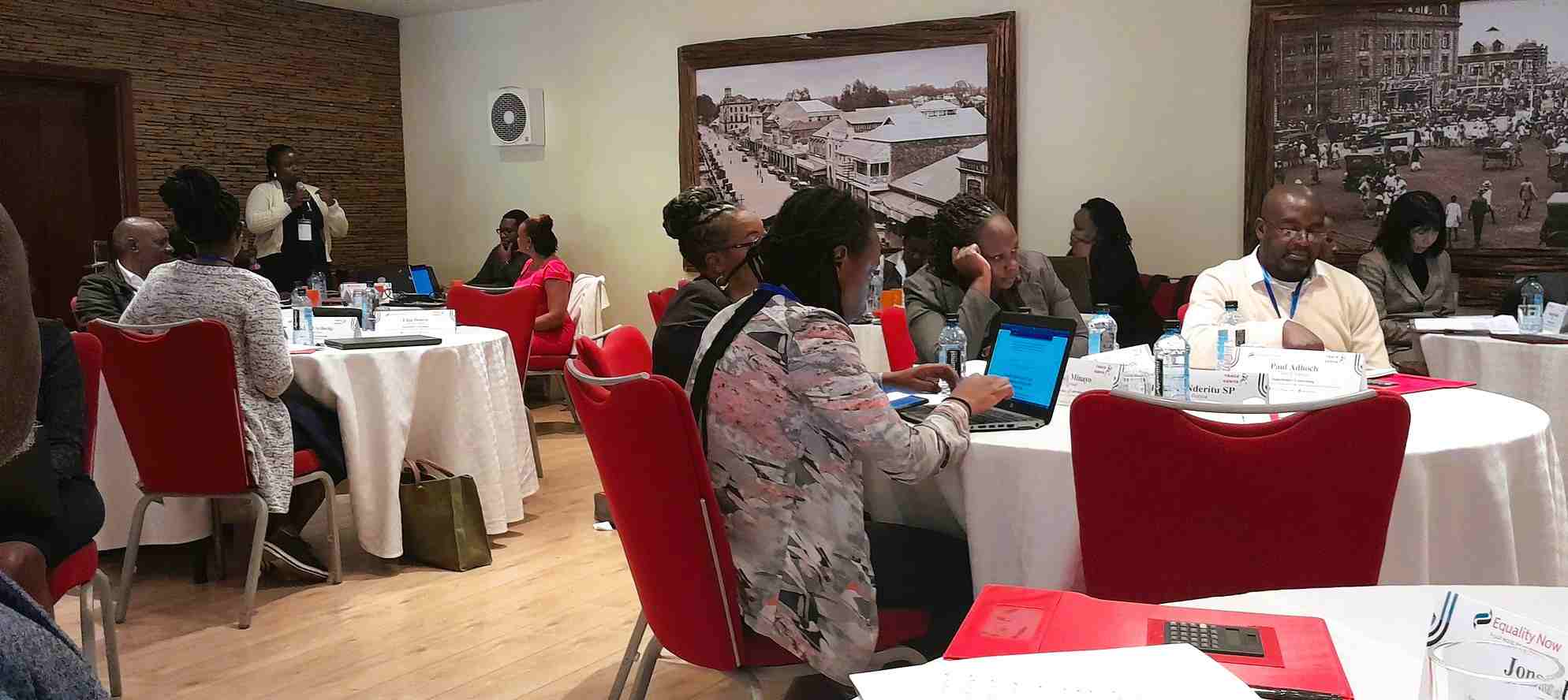By Neema Mujesia
KICTANet and different organizations concluded a 2-day (October 11th to October 12th, 2022) state and non-actors dialogue on the opportunities to enhance legal, policy, and other measures to end child sexual exploitation and abuse (CSEA).
Equality Now organized an engagement with Trace Kenya to enhance the advocacy efforts of civil society organizations working in Kenya to combat child sexual exploitation and abuse (CSEA).
Attending the Stakeholder Conveing: Enhancing Policy Responses to Addressing Child exploitation and abuse in Kenya @TraceKenya @equalitynow. Unpacking the root causes of, risk factors and manifestation of Child Sexual Exploitation and Abuse in Kenya @KICTANet @minayoangela pic.twitter.com/AHjJ5VpvDf
— Neema Masitsa Mujesia (@NeemaMasitsa) October 11, 2022
This initiative is part of what KICTANet hopes to achieve regarding minority groups and how to use digital platforms to combat online and offline abuse.
A discussion on the government, CSO and private sector response to address the root causes and risk factors of CSEA was covered by Mr Willy Buloso, Africa Regional Coordinator at End Child Prostitute and Trafficking(ECPAT) and Ms Sylvia Musalagani, Safety Policy Manager Africa, Middle East and Africa(EMEA).
Busolo touched on the use of language and proper terminology when it comes to the reference to child abuse. For instance, instead of saying child pornography, one should say child sexual abuse materials.
He also reviewed research done by ECPAT on Disrupting Harm in Kenya, where he outlined that 20–30% of children experience child abuse, and the perpetrators are known, such as neighbours, family members, and community members.
Regarding social platforms, Sylvia outlined what to consider, strategies put in place, developing a robust response and measuring progress regarding child abuse. These are some of the strategies KICTANet is using to ensure that the minority do not fall victim to digitalization.
KICTANet has developed modules on Online Gender Based Violence(OGBV) translated into different languages, so the question of having a local translator arose. She revealed that META constantly hires reviewers who can not only interpret but can speak the language. These will help find solutions to online abuse and harassment via local dialect, an issue that we have already dictated.
KICTANet has been conducting various forums on how women can manoeuvre through multiple applications to activate these restrictions offered by META to safeguard themselves and their children.
Child abuse has been part of a minority problem, cutting across to the majority, especially during the COVID-19 pandemic when online platforms were the only means of communication.
As an organization, we will continue to educate minorities and the general public on how to counter such attacks and have a civilized digital space.
RELATED
Neema Mujesia is an Intern at the KICTANet Gender Program.




